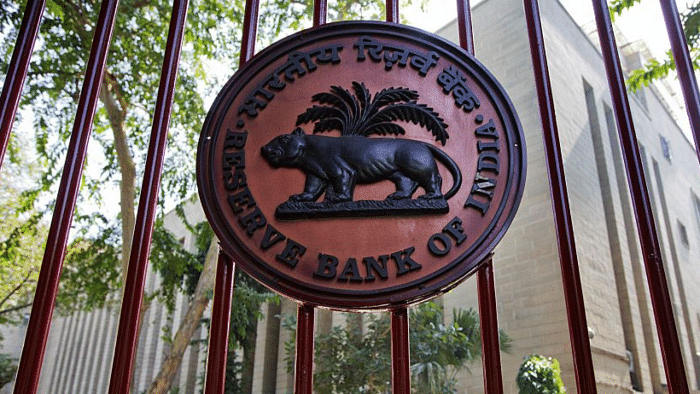
The RBI, including the then Governor Urjit R Patel, had warned about the possibility of electoral bonds being used for money laundering in the run-up to the rolling out of the scheme but the Ministry of Finance did not find merit in it saying those who bought the financial instrument could be identified if required.
Patel and the then Chief General Manager P Vijaykumar had raised concerns in this regard with the Ministry in letters and during discussions the RBI officials had with the government, according to the documents accessed by transparency activist Commodore Lokesh Batra (retired) through RTI.
The RBI was not in favour of the issuance of physical bonds and had been insisting that electronic bonds be issued. It also wanted to be the executor of the scheme rather than a scheduled commercial bank but the Ministry overruled its arguments, the documents show.
In a letter written to Arun Jaitley, Patel had warned that the electoral bonds in the manner currently contemplated had the "possibility of misuse, more particularly through the use of shell companies".
"This can subject the RBI to a serious reputational risk of facilitating money laundering transactions. The whole idea of cleansing the funding of political parties is a large public good...," Patel had written on September 14, 2017.
Arguing for a robust system that minimises RBI's reputation risk, he said that the issuance of the electoral bonds through a digital form is a "superior method".
Vijaykumar had warned that the original buyer of the bond need not be the actual contributor to a party, as it could be transferable by delivery. "While the person/entity buying the bearer bond will be as per Know Your Customer (KYC) parameters, the identities of the intervening persons/entities will not be known. Thus the principles and the spirit of the Prevention of Money Laundering Act 2002 get affected," he said in the letter dated January 30, 2017.
Joint Secretary (Budget Division) Prashant Goyal acknowledged in the file on 18 September 2017 that the bonds can exchange hands before finally getting encashed by a party. However, Goyal said, the originating account can be identified if required and this will act as a check on money laundering.
Seeking to defend the Ministry's insistence on issuing physical bonds, he argued that the risk was actually the same for both physical bonds and electronic bonds since the buyer can transfer the e-bond details to anybody and this to some extent would be easier in electronic bonds.
The Ministry said that a limited encashment period of 15 days, mandatory KYC requirement, and encashment only in designated bank accounts of the party checked the risk of money laundering.
